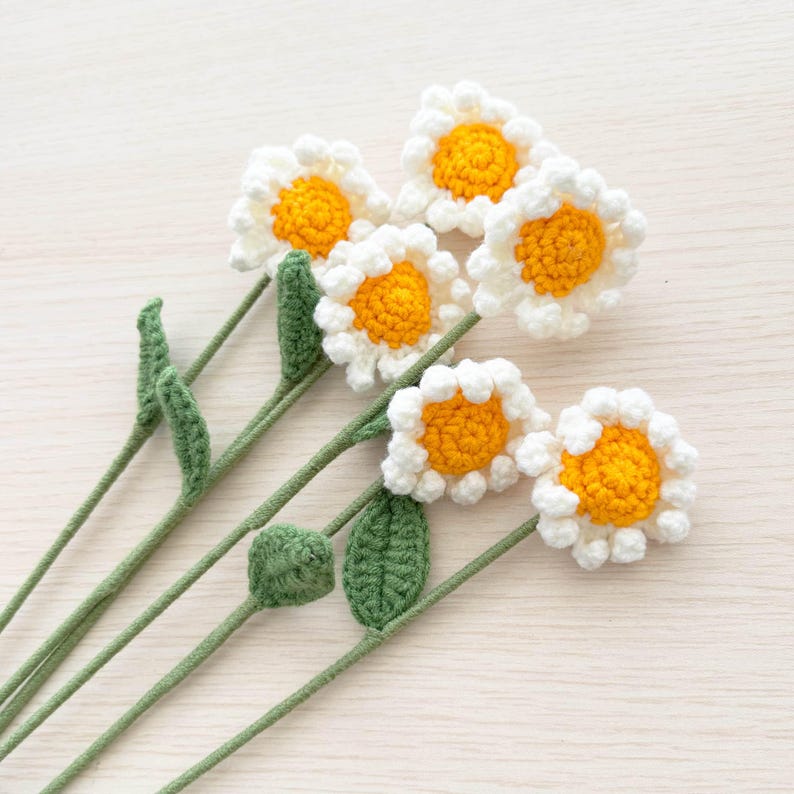News
The Eco-Friendly Benefits of Choosing Handmade Products
As awareness of environmental issues grows, more consumers are opting for sustainable, eco-friendly alternatives to mass-produced goods. Handmade products, with their unique designs and high-quality craftsmanship, have become a popular choice for those looking to reduce their environmental impact. In this article, we explore why handmade products are a better option for eco-conscious consumers and the environmental benefits they offer.
- Reduced Environmental Impact of Production
Handmade products are often crafted in small batches, leading to less energy consumption, water usage, and pollution compared to mass production. Artisans typically use fewer resources and employ low-impact crafting methods, reducing waste and minimizing the need for energy-intensive machinery. For example, handmade soap made with organic oils and cold-process methods uses fewer resources than factory-produced soap.
- Ethically Sourced and Sustainable Materials
Many artisans prioritize using sustainable, natural materials in their creations. Common eco-friendly materials include organic cotton, bamboo, recycled metals, and plant-based dyes. These materials are often biodegradable or recyclable, reducing their environmental impact. By choosing handmade products, consumers support ethical sourcing practices, fair wages, and sustainable farming methods.
- Less Waste and Overproduction
Mass production often leads to overproduction and excess stock, which can end up in landfills. Handmade businesses operate on a smaller scale, producing only what is necessary or made to order. This minimizes waste, and leftover materials are often repurposed for future projects. For instance, a leather artisan might use leftover scraps to create smaller items like keychains or wallets, ensuring minimal waste.
- Lower Carbon Footprint
Handmade products typically have a lower carbon footprint due to shorter supply chains. Many artisans source materials locally, reducing transportation-related carbon emissions. Additionally, consumers often purchase directly from the maker, further decreasing the environmental impact. For example, buying a handmade ceramic mug from a local potter eliminates the need for long-distance shipping, reducing carbon emissions.
- Eco-Friendly Packaging
Packaging, especially plastic, contributes significantly to environmental waste. Many handmade businesses adopt eco-friendly packaging practices, such as using recyclable paper, biodegradable materials, or compostable packaging made from plant-based materials. These minimalistic packaging options help reduce waste and set an example for larger companies to follow.
- Support for Local and Sustainable Economies
By purchasing handmade products, consumers support local artisans and small businesses, helping to strengthen local economies. These artisans often practice sustainable production methods and contribute to a circular economy by investing in their communities. The materials they use are often sourced from local suppliers, benefiting both the economy and the environment.
- Longer Lifespan and Durability
Handmade products are crafted with attention to detail, resulting in higher quality items that last longer than mass-produced goods. Durable products reduce the need for frequent replacements, helping to decrease waste. For example, a handcrafted leather wallet or wooden chair can last for many years, reducing the need for disposal and conserving resources.
- Personal and Emotional Value
Handmade products often carry personal and emotional value, making them more meaningful to their owners. This emotional connection encourages consumers to care for their handmade items, repair them when needed, and cherish them for longer periods. The longevity of these products contributes to a more sustainable lifestyle, as they are less likely to be discarded.
Conclusion
Choosing handmade products offers a range of eco-friendly benefits, including reduced environmental impact, sustainable materials, and lower carbon footprints. By supporting artisans and small businesses, consumers contribute to a more sustainable economy and help reduce waste. Handmade products are not only unique and high-quality but also environmentally responsible, making them an excellent choice for eco-conscious shoppers.
Whether you’re looking to support local artisans or reduce your environmental footprint, opting for handmade goods is a simple yet effective way to make a positive impact on the planet.
For your store, this handmade flower collection is meticulously crafted from wool, with each flower stitched from love and care. Each piece is not only visually appealing but also holds deep meaning, making it a wonderful gift for those who appreciate the pure beauty and exquisite craftsmanship of handmade art. Available in a variety of colors, you can easily choose the perfect match for your living space. This product is not only an ideal choice for special occasions such as Mother’s Day, birthdays, or anniversaries but also serves as a beautiful accent to make your home feel cozy and stylish. With every stitch, the attention to detail and perfection in each flower represents the craftsmanship and dedication in every handmade piece.

